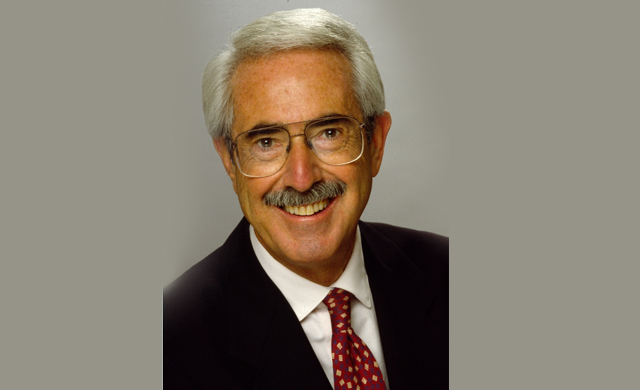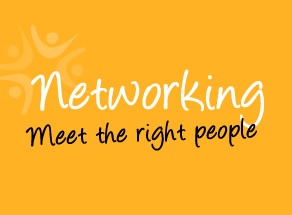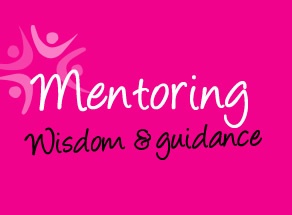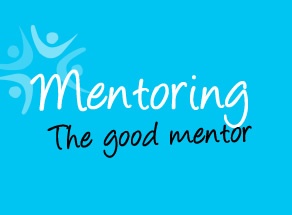
Dr. Art Ulene Connects the Dots from Small Changes in Behavior to Population Health
06/01/2016 06:00AM | 10795 viewsIt’s been predicted that half of the adult U.S. population will have diabetes by the year 2050. Now a
One person who is speaking out about this alarming news is Dr. Art Ulene, who many will recognize as a pioneer in promoting health through the public airwaves, most visibly as a regular contributor on NBC’s “Today Show” for 23 years.
And he’s not mincing words, saying our society cannot survive as we know it today if we don’t do something about this problem – now. Prediabetes is a condition that in 3-10 years progresses to frank diabetes, the next stage of the disease, at which point it becomes irreversible. That means we have a very short window of time to convince masses of people to change their behavior.
It’s a real crisis facing our country, but there is a bright side to this issue. While most people might think radical changes to their lifestyle are required to make a difference, that’s not true says Dr. Ulene. In fact, those who become more physically active and lose just 5-10% of their body weight can reduce their risk of diabetes by almost 60%. For a 200 pound person, that’s only 10-20 pounds.
Even so, having this type of information is not the same as having the internal motivation to make healthier changes in behavior – and that’s why so few people succeed at it. Simply telling people they need to lose weight or exercise more or eat healthier food has not been effective because external motivation doesn’t work if people aren’t personally motivated to achieve these goals.
“We are drowning in content today, coming at us from the television and the Internet and over our phones and other devices,” says Dr. Ulene, “so if information alone could change our behavior, we would becoming healthier, not unhealthier. John Naisbitt, who wrote Megatrends back in 1991, said that we are ‘drowning in information but starving for knowledge.’ Today I would update that to say we are drowning in knowledge but starving for guidance and structure.”
And we’re all starving for this, no matter what cultural or ethnic group we belong to. This is the common thread necessary to change behavior in people, but it does depend on social support, which is where we can draw from our families and communities. In the area of weight loss, the research is clear that your chance of succeeding is much greater if you exercise with someone else or in groups than if you try to stick to an exercise or weight loss program on your own. Though not impossible, the do-it-yourself approach doesn’t work at a Population Health level – and if we don’t scale up our efforts to match the scale of the problem at that level, we are doomed to fail, says Dr. Ulene.
His approach to changing behavior among the masses begins with working with a subset of the population, what he refers to as “the willing.” Those are the ones most likely to succeed and become role models for others to discover. This idea is based on a program called Positive Deviance, which was founded around the principle that no matter what problem you are trying to overcome, there are always some people who are going to be more successful at it – the positive deviants – despite the fact that they have no more resources than anyone else around them. (See the Case Study: Vietnam as a Prototype for the PD approach).
“I encountered a group of healthy looking people from the Hispanic community at my granddaughter’s countywide track meet,” Dr. Ulene offers by way of example. “Not just on the track, but the families and everyone in the stands were at a healthy weight. They are the positive deviants and they can be role models for others who are overweight – not because anyone tells them they have to lose weight, but because they will discover for themselves the positive deviants living in their own community and see that it’s possible for others like them.”
As this scenario plays out from community to community – by first working with the willing – we can start a movement for better health aimed at the population level. We can build momentum by creating programs that provide the guidance and structure people are looking for, and sharing success stories that inspire people to stick with the program once they have found the internal motivation and social support to change their behavior.
“What I rely on is the notion that people are intelligent and if you challenge them 1) to make it personal, because what I might do to lose weight is not what they might do, and 2) to be accountable and responsible, they will make the necessary changes,” explains Dr. Ulene. “And when they begin to make healthy changes, the people around them will start to make healthy changes on their own too.”
Taking responsibility to live a healthier life means no longer playing the victim and blaming our poor choices on other factors, whether it’s the ready availability of processed and fast food and sugary drinks, or a long commute to a job that keeps us sedentary in front of the computer all day. Indeed, it may seem like everything about the modern lifestyle conspires against us in our efforts to lose weight and live healthy – but it’s self-defeating to use that as an excuse. To do so perpetuates the problem on to the next generation, and explains why it’s taking a particular toll on our children, who are the real victims in this.
“It’s depressing whenever you see a grossly overweight child, because you know they are doomed to a life of poor health and struggle with their weight,” laments Dr. Ulene. “Back when I was in medical school, the two types of diabetes were called juvenile diabetes, which had to do with the failure of the body to produce insulin, and adult onset diabetes, which affects the way the body processes glucose – blood sugar – when people gain too much weight. Today we call them Type 1 and Type 2, because we now see the latter in children and teenagers, and sadly, it’s no longer accurate to limit it and say adult onset.”
And that’s not the half of it. “The next generation is at fantastic risk of chronic illness from a very young age,” he continues. “There’s a new disease that has been diagnosed called NASH – non-alcoholic steato-hepatitis – in which the liver is destroyed by the deposition of fat within it. Because of this, we’re seeing very young people who actually need liver transplants linked to their obesity.”
There’s a long list of contributing factors to the obesity epidemic facing the nation, from the massive amounts of sugar in processed foods, to the engineering of food to make it more addictive, to the growing problem of portion inflation, especially as restaurant chains continue to compete on the size of the meals they offer. So at the same time we’re moving less, we’re eating more of everything too.
As if this were not enough, our friends can make us fat too. Research published in the New England Journal of Medicine (by Christakis and Fowler, authors of the book, Connected) shows evidence that if a friend becomes obese, your risk of becoming obese yourself goes up to 57%. Compare that to having an obese parent (30%), sibling (37%), or spouse (47%). And if it’s your best friend, your risk goes up to an astounding 171% compared to someone whose best friend is not obese. Perhaps thanks in part to social media, this phenomenon is independent of geography and holds true even if your best friend moves away.
The good news is that the flip side – weight loss – is socially contagious too. Our challenge now is to find ways to harness social networks, or even create new social networks, in our efforts to help people live healthier lives. Beyond that, we have to make it good business for media outlets to carry the healthy living message, in much the same way as Dr. Ulene did during his years at NBC. And we have to be able to show companies that promoting good health is good for business and the way to reach customers across all industries.
And what is the message? Start with the fact, as we mentioned at the beginning, that just small changes in behavior can have a big impact on your health. That is why Dr. Ulene’s most important piece of advice is: start small.
“Don’t be ashamed of small goals,” he says, “because that’s how you build your way to the top. Start slowly and set small goals for yourself, and you will find it can have dramatic effects on your health, from your blood pressure to your blood sugar and more. If you don’t try to do or change too much at once, and get a friend or family member to join you so you don’t have to go at it alone, you’ll be setting yourself up for bigger and much more likely success.”
You might not climb Mount Kilimanjaro, as Dr. Ulene did with his wife on his 75th birthday, but if you start with a simple walk around the block, you never know where it might take you.






Post your Comment
Please login or sign up to comment
Comments